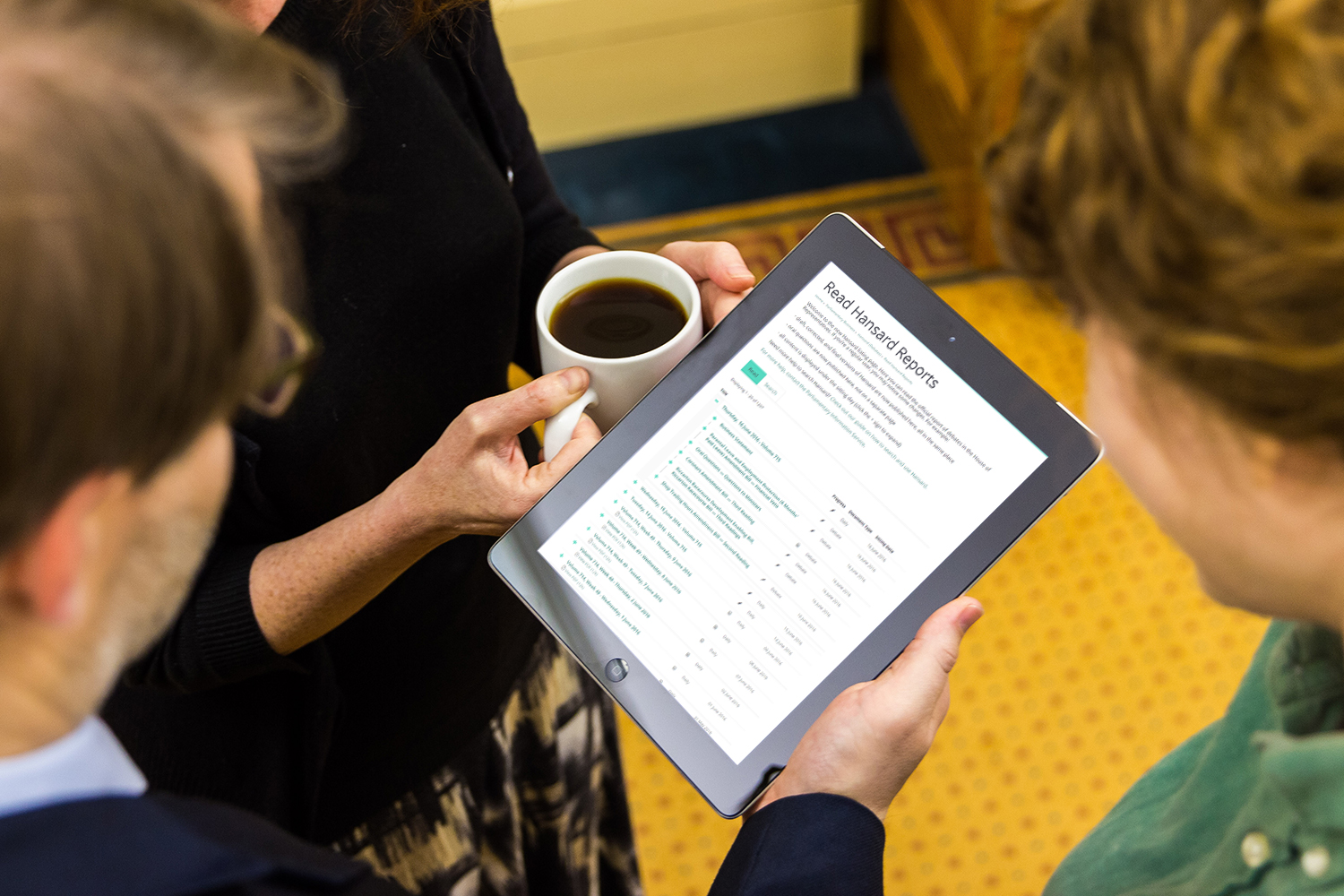Source: Retirement Commission Te Ara Ahunga Ora
The Retirement Commissioner welcomes news the Government is making changes to KiwiSaver which early estimates suggest will leave more New Zealanders with more money saved for their retirement.
Announced in the Budget 2025, employee and employer contributions to KiwiSaver will move to 3.5% from 1 April 2026 and then to 4% from 1 April 2028. Alongside these changes, the government contribution is decreasing to 25% (i.e 25 cents for every $1 contributed to a maximum of $260.72) and removed entirely for those earning over $180,000, effective from 1 July.
The Sorted KiwiSaver Calculator is currently the only tool in the country which reflects the Budget 2025 announcements, giving New Zealanders the chance to see how the changes will impact them and what their retirement savings would have looked like without them. (ref.
https://sorted.org.nz/tools/kiwisaver-calculator/ )
There are approximately 3.4 million KiwiSaver members, and 2.2 million received an employer and a government contribution or only a government contribution in 2024.
Retirement Commissioner Jane Wrightson says, “we’re pleased to see the Government take on board some of the key recommendations we made in 2024, including introducing a higher default contribution rate of 4% for employees and matched by their employers, and extending employer contributions to those aged 16 and 17. We’d also recommended employer contributions for those over 65 but unfortunately the latter has been excluded from these latest changes.
“While increasing contribution rates is generally beneficial for salary and wage earners who qualify for an employer contribution, not everyone benefits from these changes. The reduction in the government contribution will hit low-income earners, Māori, women, and the self-employed the hardest.”
In March, the Retirement Commission released its annual analysis of KiwiSaver balances data which revealed the gender retirement savings gap shows men having on average 25% higher KiwiSaver balances compared to women.
“It’s a shame there are so few government incentives for a scheme that underpins private saving for retirement. I would at least have liked to see some of the savings from reducing government contributions be applied to serving those groups where we see the widest retirement savings gaps,” says the Retirement Commissioner.
“We also hope employers respect the spirit of the changes and understand why they were necessary, passing the savings onto their staff rather than including them as part of total remuneration – which should be banned.”
The Retirement Commission will continue to explore the impacts of these changes as part of the 2025 Review of Retirement Income Policies (RRIP) with a focus on how the Government could most effectively reduce gaps in retirement income outcomes.
Summary of the Budget 2025 changes
- Employee and employer contributions move to 3.5% from 1 April 2026 and then to 4% from 1 April 2028.
- A new temporary savings reduction will be introduced, modelled on the existing temporary savings suspension, allowing members to opt to reduce their contribution rate to 3% for a period of up to 12 months. Members can take multiple temporary reductions. If a member takes a savings reduction their employer can match them at that rate.
- The government contribution matching rate is reduced to 25% (i.e. 25 cents for every $1 contributed up to a maximum government contribution of $260.72) from 1 July 2025.
- Members with an annual income of more than $180,000 will no longer be eligible for the government contribution from 1 July 2025.
- 16- and 17-year-olds become eligible for employer contributions from 1 April 2026 (note they will not be auto-enrolled. The age for auto-enrolment remains at 18, but if they join, or have already joined, and contribute, they will be eligible for the matching employer contribution).
- 16- and 17-year-olds become eligible for the government contribution, if they contribute, from 1 July 2025.
Notes:
The 2025 Review of Retirement Income Policies (RRIP)
Every three years the Retirement Commission is asked to undertake a comprehensive review of retirement income policies based on terms of reference set by the Government. The 2025 RRIP includes focus on research relating to KiwiSaver and other savings, emerging trends and how these will play out over the next 25 years, the experiences of women and the self-employed in retirement, spending down retirement savings and how New Zealand’s retirement policies compare globally. It will support the development of recommendations to ensure New Zealand’s retirement income system remains fit for purpose. The final report will be completed by December 2025.
More info: 2025 Review of Retirement Income Policies | Retirement Commission Te Ara Ahunga Ora
Sorted’s a free service run by Te Ara Ahunga Ora Retirement Commission, the government-funded, independent agency dedicated to helping New Zealanders get ahead financially.
As New Zealand’s trusted personal finance site, Sorted has the tools and information needed to tackle debt, plan and budget, save and invest, dial up KiwiSaver, plan for retirement, protect what’s important and manage a mortgage. No matter where people are at when it comes to money – just starting a first job or wrapping up a successful career – Sorted lets helps New Zealanders to fine-tune your finances and get ahead money-wise.
Sorted KiwiSaver Calculator – has been updated to reflect the latest changes announced in the Budget. The calculator demonstrates the effect of KiwiSaver contributions on a first home deposit or retirement savings. It takes someone’s information on age, income, current KiwiSaver balance and fund type to project their future balance.

